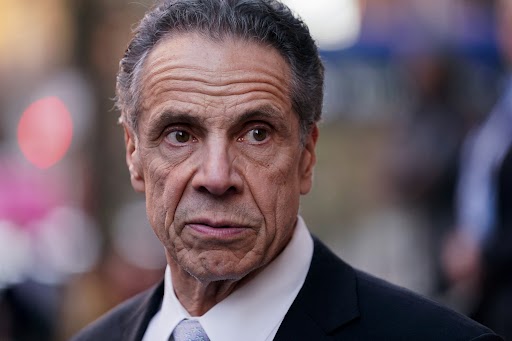I would like to advocate for changes to be made in the town of Manhasset. I am aware that The Metropolitan Museum developed our community, with all the homes built as authentic American colonial reproductions, however, I think that it is time for changes to be made.
As we continue to develop economically, we are also destroying the environment. The United States, a developed country, has had a huge carbon footprint since the industrial revolution. Everyone talks about “global warming.” I would like to present what is happening in today’s climate in a different way, and in terms that everyone can understand. There has always been variability in the earth’s climate. Sometimes it warms, sometimes it cools. Part of this is due to natural causes. When volcanoes erupt, it leads to an increased reflection of sunlight due to the particles released in the atmosphere. These are called aerosols. Hairspray, spray deodorant, anything in a can that sprays also releases these particles, which has the same effect.
For the last few decades, there hasn’t been this variability in the earth’s climate. Instead, the climate has solely increased in temperature. A major effect is glaciers melting causing a rising sea level. While this may bode well for people that will have valuable beachfront property in just a few short years (me), it does not have this same effect on people who live in the Polynesian subregion. For example, the 26 kilometers which make up the island of Tuvalu are just 5 meters above sea level at its highest point. The island and everyone on it will be submerged in those same years that it’s taken me to get beachfront property. Developing countries do not have the same resources that we do, and I think that it is up to us to help save what could be an entire country from being wiped out.
The first change I would like to advocate for is to allow Manhasset residents to install solar panels onto their roofs. I understand that Manhasset is an old town, and it was meant to look a certain way. However, this won’t be of any help when half of our town is under water. We were all here for Hurricane Sandy. We saw what happened to Long Beach. That could have been us. Installing solar panels on the roofs of houses is one major way to help create energy. In January 2014, the town board voted 6-0 against the installation of solar panels in two landfills. The proposed solar project would have promoted the use of renewable energy, helped to reduce greenhouse gas emissions and bring in revenue provided in the form of site lease payments for a 20-year period, according to the town (Manhasset Press). This is still possible. We can still decrease our carbon footprint!
My second proposition is for the town to create a tax benefit for those who have either white or plant covered roofs. I recall a science experiment that I did when I was in elementary school. In the snow, I laid down a black T-shirt and a white T-shirt. After a few hours, I came back and the black T-shirt had sunk a significant amount. The white-shirt had not moved. My nine-year-old brain learned that this was because the black had absorbed more heat. Which is true to some extent. Now, in my junior year of college, I have taken more biology classes than I can count, including one on global climate change. In that class, I learned about albedo, which is a measure of reflectivity. The white shirt had the ability to reflect better than the black shirt did. If you have a light-colored roof, your house will not heat up as much because it reflects the heat of the sun. As well as saving on the electric bill, you would also get a tax break.
I am aware that this is a problem much bigger than me. Yes, I am aware that I have been brought up as a privileged Manhasset resident who has had everything I have ever needed or wanted. Steve Jobs said that the ones who are crazy enough to think that they can change the world are the ones that actually do. I think that together we can change the world. Yes, I know Manhasset is small, but together, we can set an example for all of Long Island, and maybe, for all of New York. It is our responsibility to ourselves and to future generations to take charge of what we can control.
Kathleen Ackert

































